
South Korea sees EV, hydrogen fleet at 200,000 in 2020
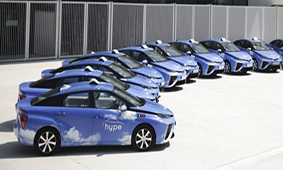
A projected 94,430 electric vehicles (EVs) and hydrogen cars will be added in 2020, equivalent to 84pc of the 113,000 added over 2012-19, according to the country's environment ministry. This year's additions are expected to include 65,000 regular EVs, 11,000 two-wheeled EVs, 7,500 electric delivery trucks and 650 electric buses.
Seoul has budgeted 1.1 trillion won ($946.5mn) for EV and hydrogen subsidies and charging infrastructure this year, including purchase incentives for 65,000 regular EVs, up from 42,000 in 2019. It aims to boost sales of electric and hydrogen vehicles to 33pc of all cars sold in the country by 2030, up from about 2.6pc last year.
South Korea is also increasing exports of EVs. Domestic auto producers Hyundai and Kia exported 63,414 EVs in 2019, up by 128pc from a year earlier.
The transition to EVs boosts demand for cobalt, lithium and other materials used to make batteries, with South Korea having several ventures under way to recycle used battery packs.
The latest is a plan by GS Engineering and Construction to build a W100bn battery recycling plant in the subsidised industrial district of Pohang. The plant, which is scheduled to open in 2022, will have capacity to process 1,000 used EV batteries each year, extracting cobalt, manganese, nickel and other metals that will be sold to battery producers and other manufacturers. GS said it will be able to extract 4,500 t/yr of valuable metals when the factory opens, and additional investments could push capacity to 10,000 t/yr.
By Tony Cox


Codelco seeks restart at Chilean copper mine after collapse

Uzbek gold miner said to eye $20 billion value in dual listing

Hudbay snags $600M investment for Arizona copper project

BHP, Vale offer $1.4 billion settlement in UK lawsuit over Brazil dam disaster, FT reports

Peabody–Anglo $3.8B coal deal on the brink after mine fire

A global market based on gold bars shudders on tariff threat

Minera Alamos buys Equinox’s Nevada assets for $115M

SSR Mining soars on Q2 earnings beat

Century Aluminum to invest $50M in Mt. Holly smelter restart in South Carolina
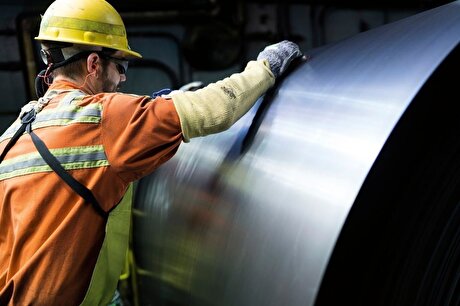
Cleveland-Cliffs inks multiyear steel pacts with US automakers in tariff aftershock
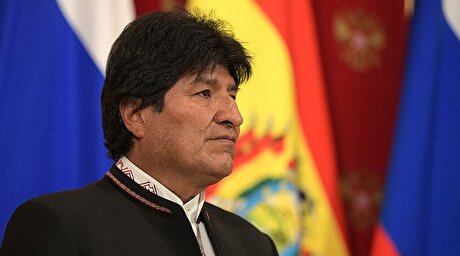
Bolivia election and lithium: What you need to know
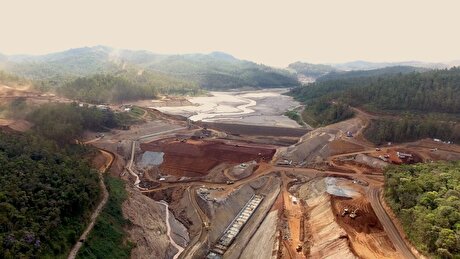
Samarco gets court approval to exit bankruptcy proceedings
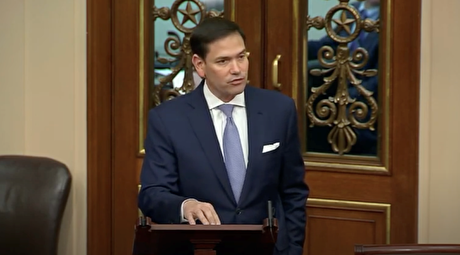
US eyes minerals cooperation in province home to Reko Diq
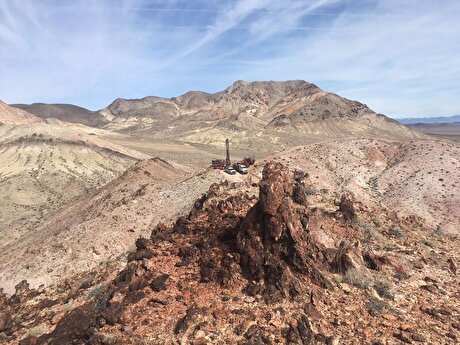
Allegiant Gold soars on 50% financing upsize

Explaining the iron ore grade shift

Metal markets hold steady as Trump-Putin meeting begins
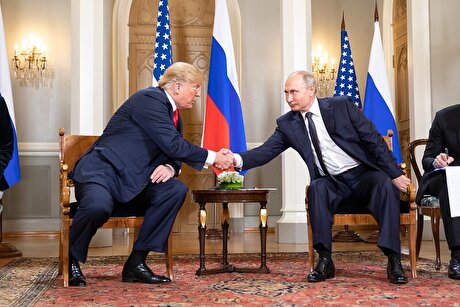
Trump to offer Russia access to minerals for peace in Ukraine

Gemfields sells Fabergé luxury brand for $50 million

Gold price stays flat following July inflation data

Cleveland-Cliffs inks multiyear steel pacts with US automakers in tariff aftershock

Bolivia election and lithium: What you need to know

Samarco gets court approval to exit bankruptcy proceedings

US eyes minerals cooperation in province home to Reko Diq

Allegiant Gold soars on 50% financing upsize

Explaining the iron ore grade shift

Metal markets hold steady as Trump-Putin meeting begins

Trump to offer Russia access to minerals for peace in Ukraine

Gemfields sells Fabergé luxury brand for $50 million














